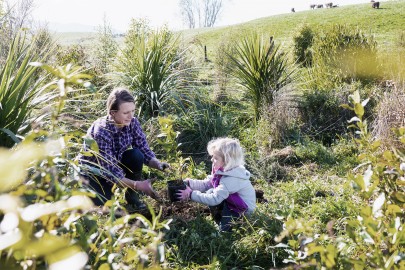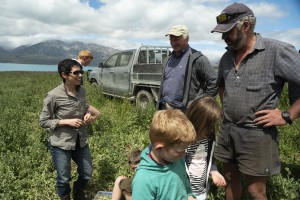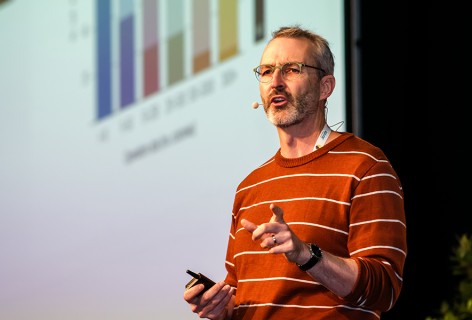
Tree planting
However, crowding-out in the agricultural sector is less well understood. Because the agricultural sector produces around 48% of national greenhouse gas emissions, this is an important knowledge gap in New Zealand. Manaaki Whenua’s Dr Pike Stahlmann-Brown and colleagues from Lincoln University and the University of Waikato used data from the biennial Survey of Rural Decision Makers to identify the causes of crowding out effects in the agricultural sector, specifically among lifestyle block owners rather than commercial operators. Lifestyle block owners are the single largest rural sector in the country by population and, lacking any industry body, lifestyle block owners are underrepresented in research and their motivations not well understood. The 1,846 survey respondents who self-identified as lifestyle block owners either received a ‘prime’ with information about the importance of individual action to save energy and reduce waste for climate change, or no priming information. They were then asked to express their support for potential national environmental actions (raising prices of petrol/diesel, pest control operations to improve biodiversity) to identify whether they perceived these actions as burdensome or not. The questionnaire also assessed respondents’ personal degree of worry about climate change.
The results were striking: receipt of the prime did crowd out support for climate policy in the agricultural sector, consistent with other studies. Moreover, the prime was more likely to crowd out support for climate policy than biodiversity policy. In addition, people with a higher level of climate worry were more likely to have their policy support crowded out by the prime.
According to Dr Stahlmann-Brown, “These results can help policy makers target messaging around the uptake of climate change mitigation measures.”
However, the researchers caution that more analysis is needed, particularly into whether past support for climate mitigation encourages people to withdraw support in the future (a ‘moral credits’ model) or to become complacent or less concerned about climate mitigation (a ‘moral credentials’ model). Dr Stahlmann-Brown would also like to see further work extended to New Zealand’s entire rural sector.


